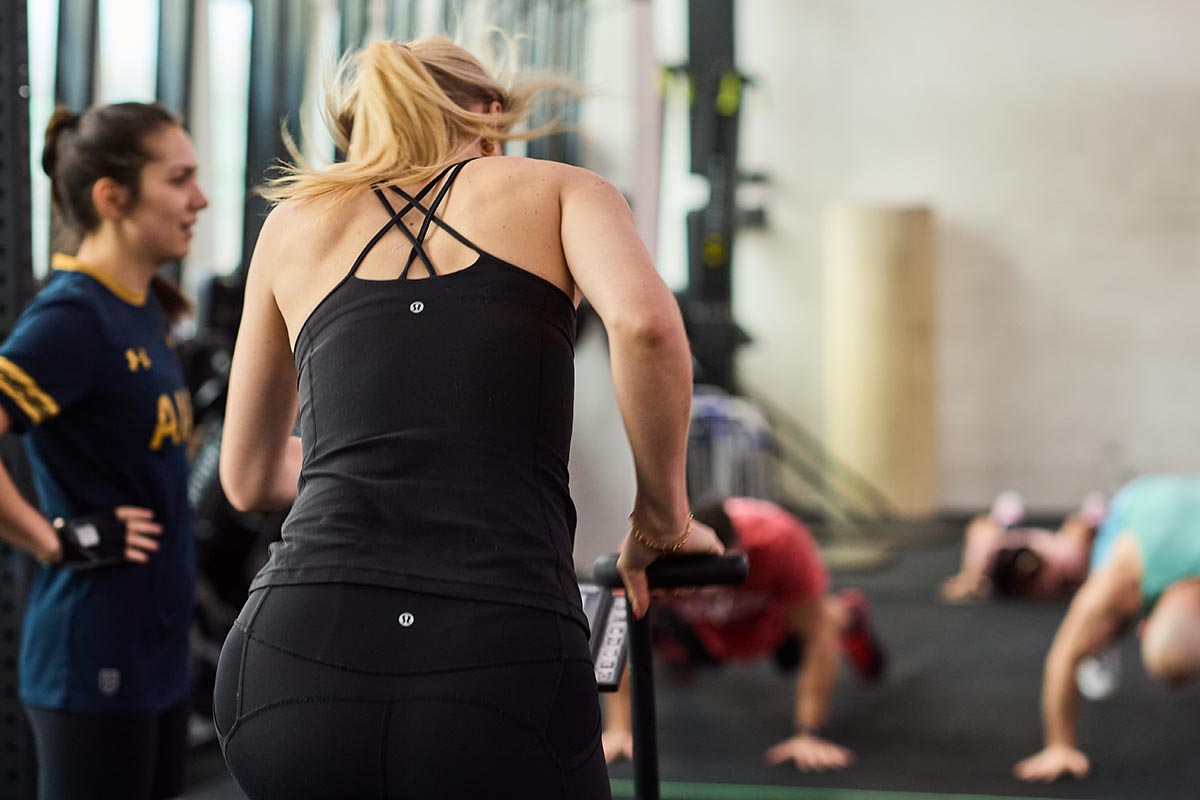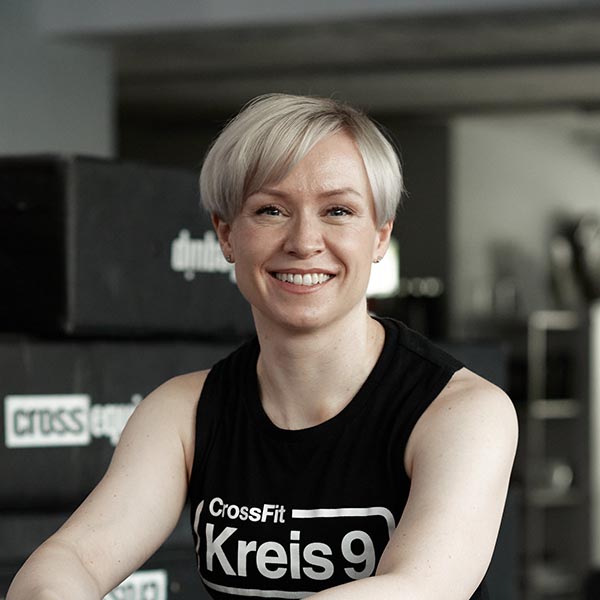Why New Year’s resolutions in fitness rarely work

As the new year approaches, countless people set ambitious fitness resolutions. Gyms fill with fresh faces, social media buzzes with transformation promises, and January feels like the ultimate reset button. But by February, enthusiasm fades, and resolutions are abandoned.
The truth is, the problem isn’t the people—it’s the approach. Fitness resolutions often fail because they’re based on unrealistic expectations, excessive ambition, fleeting motivation, and a lack of clear guidance. If you’re serious about making fitness a priority, it’s time to rethink how you approach your goals.
Here’s why resolutions fail and how to make fitness a lasting part of your life.
1. January is not your reality
January often feels like a bubble—a unique month where life doesn’t resemble the rest of the year. Gyms are packed with motivated newcomers, social calendars are suddenly empty, alcohol is off the table after the indulgent December holidays, and many people tighten their budgets after festive overspending. For a few short weeks, it can feel like the perfect conditions to focus on fitness.
But this isn’t real life. By February, normalcy resumes. Social events creep back into your calendar, the gyms start to thin out, and the temptation to fall back into old habits grows stronger. If your fitness plan is built on the artificial stability of January, it won’t survive the challenges of the other 11 months of the year.
2. Taking on too much at once
Another reason resolutions fail is the tendency to take on too much. People promise themselves a complete lifestyle overhaul: exercising daily, meal prepping every meal, cutting out sugar, drinking more water, sleeping eight hours, and meditating. The excitement of a fresh start leads to overcommitment.
But fitness success isn’t about doing everything at once—it’s about doing the right things consistently. When life gets busy (as it inevitably will), taking on too much leads to burnout. One missed workout feels like failure, and the domino effect begins.
3. Relying on motivation alone
Motivation is at its peak in January, fueled by the energy of the new year. But motivation is fleeting. It’s easy to stay consistent when you feel excited and inspired, but what happens when the excitement fades? For most people, that’s when resolutions fall apart.
Fitness isn’t about staying motivated—it’s about building habits that carry you through even when you don’t feel like it. January’s honeymoon period can create a false sense of security, leaving you unprepared for the inevitable dips in motivation.
4. Lack of the right kind of help
Many New Year’s resolutions fail because people try to go it alone or follow vague advice. They rely on generic plans they’ve found online or jump into a fitness routine that doesn’t suit their goals or lifestyle. Without clear guidance and accountability, it’s easy to get lost, frustrated, or discouraged.
The right kind of help can make all the difference. A coach or trainer with face-to-face interaction offers not only expertise but also the personal touch that builds trust and accountability. Working with someone who can observe your form, tailor a plan specifically for you, and adapt to your progress ensures you’re set up for long-term success. Personal guidance can also address individual needs, like injuries, mobility issues, or specific goals, in ways that cookie-cutter plans cannot.
What actually works: the long game
To make fitness a priority and stick to it, you need a strategy that fits into your life—not a temporary fix. Instead of focusing on a perfect January by making New Year resolutions, build a plan that will withstand the ups and downs of the year. Sustainable progress comes from manageable changes, consistent habits, and seeking the right kind of help.
If you’re ready to commit to fitness, start in December. December represents real life. Unlike January’s illusion of a perfect restart, December is full of commitments, hurdles, and temptations. It forces you to learn how to prioritize fitness in the midst of holiday parties, indulgent meals, and a packed schedule. These are the same challenges you’ll face throughout the year, so starting in December sets you up for long-term success.
Moreover, gyms and coaches often have more capacity in December, giving you a better chance of receiving personalized attention and building a strong foundation before the January rush. By the time the new year begins, you’ll already have a plan, habits, and momentum in place.
If you still decide to start in January, be fast—especially if your chosen gym is CrossFit Kreis 9. Last year, we were fully booked by January 17th. Don’t wait until your motivation fades or spots fill up. Reach out early to secure your place and begin building the habits that will support your long-term goals.
The best time to start your fitness journey isn’t January 1st—it’s today. Skip the resolutions and focus on creating a sustainable plan that fits into your life. By starting now, you’ll step into the new year with confidence and a head start on your goals.
- Saara
About the coach:

Meet Saara, a master athlete and a multifaceted professional with an impressive array of qualifications. With a commitment to promoting sustainable fitness and health, Saara balances her role as a business owner, business mentor and mother of three, emphasizing the adaptable and enduring nature of CrossFit training that aligns with her life’s demands and aspirations.







